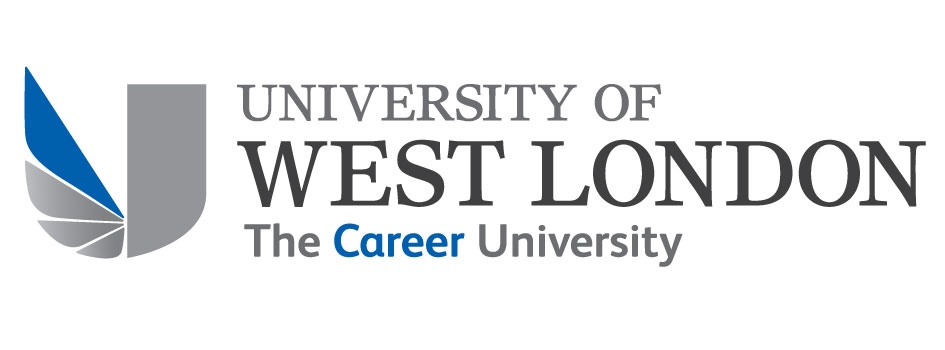Freedom to conform: American identity and study abroad
Polly Penter
School of Human and Social Sciences
Supervisors:
Dr Manzoorul Abedin
School of Human and Social Sciences
Dr Mike Mimirinis
School of Human and Social Sciences
The US government hopes to increase the numbers who study abroad as part of their undergraduate degree, believing it to be an opportunity to export “American values” through students acting as “Ambassadors for America”. The UK continues to be the most popular destination for US study abroad students. However, while academic studies have extensively debated the benefits of studying abroad for students and critiqued its use by governments, none has focused exclusively on the perceptions, experiences and relevance of American identity among US study abroad students, particularly those in the UK. Through three in-depth interviews with thirteen study abroad participants in London conducted at the start, during and after their period of study abroad, this study uses Interpretative Phenomenological Analysis to interrogate the multiple, complex meanings of “being American” and their implications for study abroad, and question if and how these perceptions and experiences impact the effectiveness of study abroad as it is advertised both by the US government and by academic institutions.
Drawing on Social Identity Theory, analysis identified several themes within and across these interviews, notably the seemingly contradictory themes of the importance of “freedom” within the American mindset, and the prevalence of conformity among those striving to belong. It also notes the pressures that come from being part of a culture which emphasises a constant need for success and achievement. The results highlight both a need for future research and re-examination of programme content, and even provide a potential argument for a complete reconsideration and reframing of the advertised purpose of study abroad based on the real-life experiences of those who have undertaken it.

